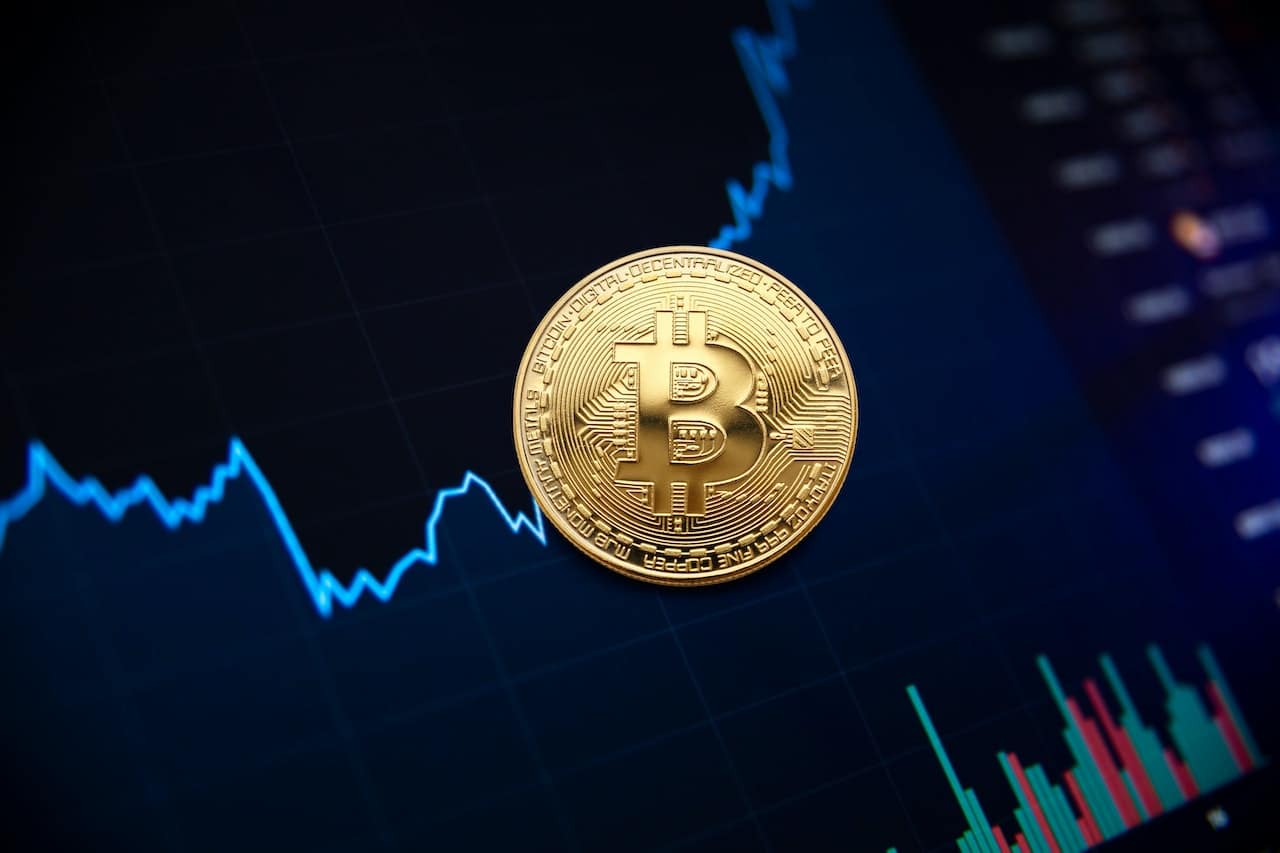In the latest episode of the Unchained, CoinFund executives Jake Brukhman and Chris Perkins said that Sam Altman’s Worldcoin, a project their fund has invested in, could potentially become more decentralized than Bitcoin. This claim comes amid a wave of criticism from the crypto community, particularly around privacy concerns, poor tokenomics, and the ethics of giving free money to people who may not fully understand the technology.
Worldcoin, which officially launched globally last Monday, aims to provide a global decentralized identity. Perkins believes this could revolutionize decentralized governance and voting systems.”Most voting systems in blockchain have been token-weighted systems. They’ve been plutocratic, they’ve not always been fair. They’ve been kind of compromised by whales at times. And having proof of humanity will guarantee a one-person, one-vote voting system. So you’ll enable systems that are very, very democratic,” he explained.
Ethical Implications
Skeptics assert that the project is exploiting vulnerable populations, particularly in developing countries, by offering financial incentives to people who may not fully understand the implications of their actions. The process involves scanning their irises with a device called the orb, after which they could receive tokens or even money in their local currency.
The concern here is not about them selling their identity, but rather about them making money from getting their eyeball scanned. These are populations that often struggle financially, and they might be tempted to participate for the money without fully understanding the potential risks involved. They are essentially giving away their personal biometric information, having their biometric data scanned in a way that they might not fully comprehend.
Laura Shin questioned the guests: What if Worldcoin gets hacked? What if their biometric data gets exposed? They are participating in something risky that hasn’t been battle-tested.
In response to these concerns, Bruckman argued that the device takes incredible precautions to preserve privacy, and he doesn’t believe that biometric data could be stolen en masse. He also pointed out that the aim of Worldcoin aligns with the principles of Web3, which is to enable access to financial services for the unbanked.
Nevertheless, as Shin pointed out, there’s a difference between providing access to financial services and experimenting on people who may not fully understand that they’re the guinea pigs of this experiment.
Worldcoin Tokenomics
Critics also argue that the project’s token distribution model is skewed, with a small float and a large fully diluted value. The WLD token, worth around $2.30 at press time, has a market capitalization of $267 million, but a $23 billion fully diluted valuation. This has sparked comments that the token resembles a ‘Sam coin,’ referring to Sam Bankman Fried’s investments in Solana-based projects such as Maps and Oxygen.
Brukhman defended the model, stating that the issue of a smaller float would be resolved as more people enter the system, although he also said that even though they “had general input” as investors, they “did not design it.” He also pointed out that the holdback for investors, which some have criticized as being too large, is actually very average compared to other ventures.
CoinFund’s Stance
Despite the criticism, Perkins remains bullish on Worldcoin. He believes that the project has the potential to create a cryptocurrency that is bigger and more valuable than Bitcoin. “At some point, we can get to a billion users we think in Worldcoin, and that would probably make it more widely distributed than Bitcoin,” he said.



